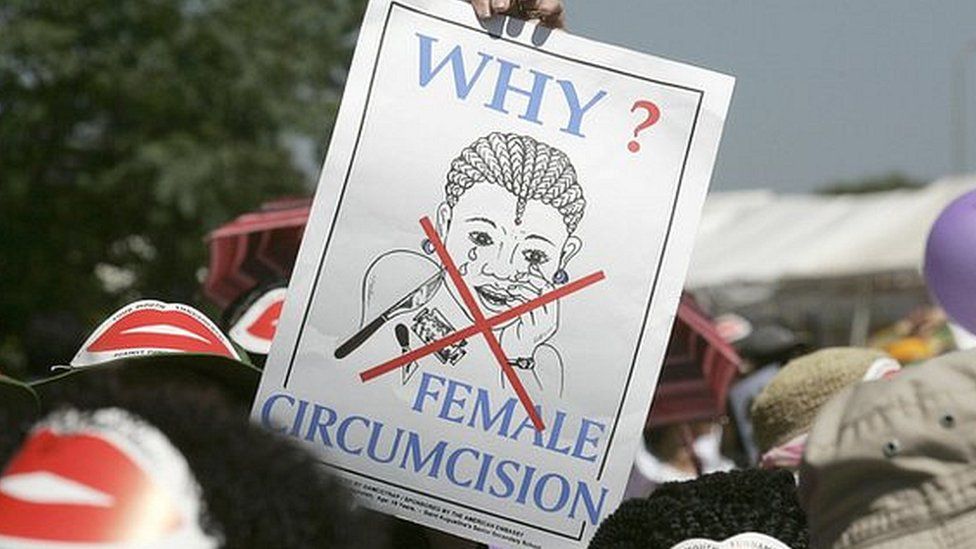 TheNyayanga Site In South West Kenya. T.W. Plummer/Homa Peninsula Paleoanthropology Project | The Daily
TheNyayanga Site In South West Kenya. T.W. Plummer/Homa Peninsula Paleoanthropology Project | The Daily Archaeologists in southwestern Kenya have uncovered stone tools that are estimated to be up to 3 million years old. These tools, which may be the oldest of their kind ever discovered, were found near fossils of Paranthropus, a distant relative of modern humans.
A Surprising Discovery in Nyayanga
The tools were found at the Nyayanga archaeological site, located near Lake Victoria in southwestern Kenya. This site, excavated between 2014 and 2022, yielded over 300 stone tools made primarily from quartz and rhyolite.
These tools are classified as Oldowan, the earliest known stone tool technology, previously thought to be linked exclusively to the genus Homo.

 IMAGE SOURCEGETTY IMAGES
IMAGE SOURCEGETTY IMAGES